Our personal and professional life depend on good communication. With practice, it is a skill that can be enhanced, and there are many advantages. You may improve your relationships, settle disputes, and make your thoughts and ideas more obvious by developing your communication skills. Having effective communication skills can make all the difference while dealing with friends, coworkers, or clients. We’ll look at some useful advice and tactics in this article that you can use to improve your communication abilities and become a more effective communicator.
Gaining better communication skills can also help you feel more self-aware and confident. Effective communication increases your likelihood of feeling heard and validated, which can assist to increase your self-esteem. Additionally, being conscious of your own communication inclinations and routines can help you spot areas for development and work towards improving your communication skills. Focusing on your communication skills is a good investment in your personal and professional growth, whether your goals are to become a better public speaker, negotiate more successfully, or simply have more meaningful conversations with those around you.
How to Improve Your Communications Skills in No Time
1 Learn the basics of nonverbal communication

In our connections with others, nonverbal communication is crucial. It alludes to the signals we provide and receive through many means, such as voice tone, body language, and facial emotions. You can improve your communication skills by learning the fundamentals of nonverbal cues. Maintaining eye contact, for instance, might demonstrate your interest and engagement in the conversation, whereas slouching or crossing your arms can suggest defensiveness or apathy. You may better grasp the underlying messages being communicated by observing your own and other people’s nonverbal signs. This will enable you to communicate more effectively and forge stronger bonds with others.
2 You have to over-communicate just to communicate

While having efficient communication is crucial, talking too much just for the sake of talking might backfire. The audience may become confused and irritated if we talk too much or divulge unneeded details. In professional contexts, when time is frequently limited and effectiveness is essential, this may be particularly true. Instead of talking too much, concentrate on speaking clearly and succinctly. Also, refrain from saying the same thing more than once. By doing so, you may make sure that your message is received and comprehended without giving the listener an excessive amount of information. Keep in mind that good communication involves more than just saying a lot; it also involves expressing yourself in a way that is simple and straightforward.
3 Avoid relying on visual aids

Charts and PowerPoint presentations might be useful in some situations, but relying on them excessively can hinder clear communication. When we rely on visual aids excessively, we risk becoming overly dependent on them and losing the ability to communicate verbally. Furthermore, visual aids may serve as a distraction by diverting focus from the speaker to the slides or charts. While using visual aids to enhance your speech can be helpful, it’s crucial to keep in mind that they shouldn’t take center stage. Instead, concentrate on providing a message that is compelling and clear in order to effectively engage the audience and get your point through. Using less reliance on visual aids, this can help ensure that your message is heard and understood.
4 Ask for honest feedback

Asking for frank feedback from individuals around you can be beneficial as you seek to enhance your communication abilities. This criticism may come from close friends, relatives, coworkers, or even qualified coaches or mentors. You can learn a lot about your communication skills and shortcomings as well as where you need to make improvements by asking for feedback. It’s critical to be open-minded and accepting of constructive criticism when asking for input, even if it’s challenging to hear. Remember that improving your communication skills and learning new things are more important than being perfect. You may improve your communication skills and your interpersonal interactions by incorporating feedback into your daily routine.
5 Engage the audience in discussion

Getting your audience involved in conversation is a great method to boost your communication abilities. Engaging your audience in conversation rather than merely speaking at them might help to establish rapport and maintain their attention in what you have to say. This may entail posing inquiries, requesting comments, or inviting people to offer their own opinions or experiences. You may make communication more collaborative and participatory by encouraging two-way conversation. Engaging your audience in conversation can also help you better understand their opinions and requirements, which will allow you to better customize your message. In general, participating in a conversation with your audience can improve your communication abilities and result in a more dynamic and effective communication experience.
6 Start and end with key points
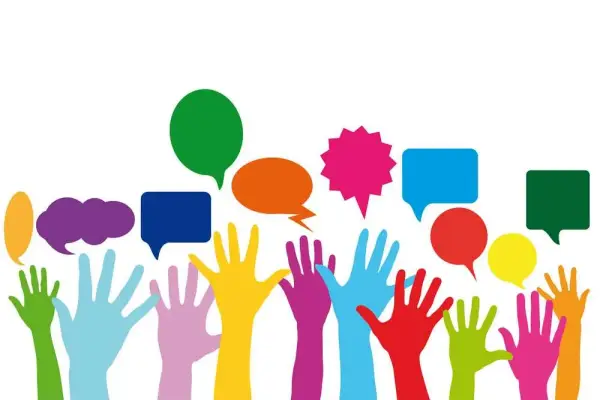
It’s easy but effective to communicate more effectively by beginning and closing with crucial ideas. You can aid to capture your audience’s attention and establish expectations by outlining your important points in detail at the outset of your message. This can keep the attention and involvement of your audience throughout your speech. Additionally, reiterating your main points at the conclusion can help your audience remember your message and your point. This might be particularly crucial in professional contexts where you might need to convince or sway people into acting in accordance with your recommendations. Your message will be more remembered and clear if you begin and conclude with crucial points. Your audience will also be more likely to remember what you’ve said and take action as a result.
7 Use the PIP approach

To organize your communication and make sure that your message is compelling and clear, employ the PIP (Point-Illustrate-Point) technique. This strategy starts with a point or primary idea, then uses an example or tale to illustrate it, and ends with a restatement of the message. By employing this strategy, you may make your message easier for your audience to remember and comprehend. In addition, using examples or tales can assist your audience relate to and be more engaged with your message. The PIP technique can be applied in a range of settings, including one-on-one talks and public speaking, and it can be particularly useful when conveying difficult or abstract ideas. You can enhance your communication abilities and broaden the impact of your message by applying the PIP technique.
8 Record important presentations for posterity
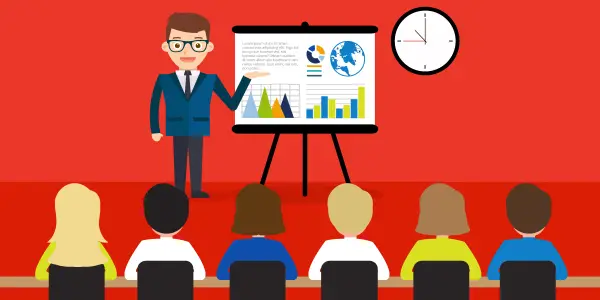
Making recordings of significant presentations can help you retain your knowledge and ideas for future use as well as gradually enhance your communication abilities. You can examine your recorded presentations afterwards to see where you excelled and where you might need to make improvements. This might assist you in honing your communication abilities and identifying certain areas for improvement. The ability to share your ideas with a larger audience and to utilize the tape as a resource or training tool for others makes recording speeches beneficial in professional contexts. Generally speaking, making recordings of significant presentations can be a potent technique to enhance communication abilities and make sure that your thoughts and ideas are preserved for future generations.
9 Master the art of timing
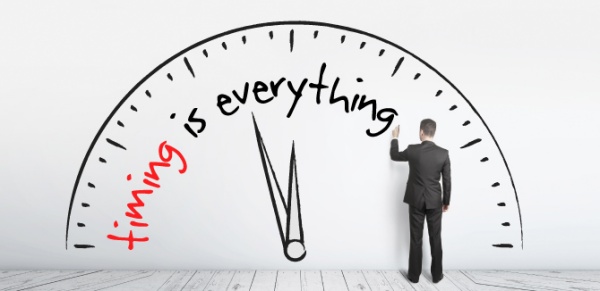
The key to good communication is to master the art of timing. To keep your audience interested and concentrated, learn when to pause, when to speak, and how to pace your presentation. For instance, a well-placed pause can emphasize a crucial point or give your audience a chance to process crucial information. Similar to this, using the right pace for your message will assist keep your audience from getting overwhelmed or bored. Knowing your audience and the situation you are speaking to can help you master timing by allowing you to modify your message properly. For instance, in a fast-paced professional context, you might need to communicate effectively and swiftly, yet in a laid-back social setting, you might have more time to interact with your audience and establish rapport. You may improve your communication skills and make sure that your message is delivered clearly and impactfully by learning the art of timing.
10 Get to know your audience
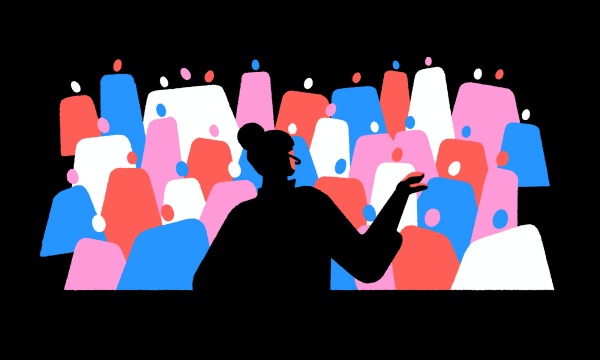
Knowing your audience is an essential first step in developing your communication abilities. You can adapt your message to their needs, interests, and preferences by knowing who you are communicating to. This may entail investigating your audience’s background, demographics, and areas of interest beforehand and keeping an eye out for their responses and feedback while you communicate. Additionally, understanding cultural nuances and sensitivities can aid in preventing misunderstandings and helping you establish rapport with your audience. Knowing your audience will help you develop more effective communication strategies and ensure that your message is understood by the people you are trying to reach. This can be particularly crucial in work environments where good communication can make all the difference in accomplishing your objectives and forging lasting relationships.
11 Be a listener
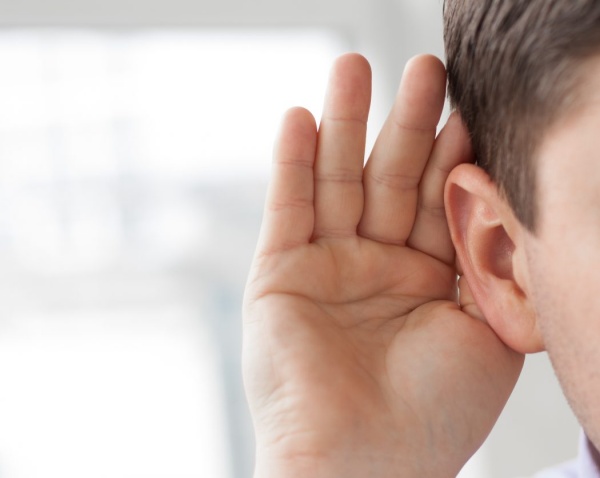
A key element of effective communication is listening skills. By paying attention to what people have to say, you show that you value their opinions and ideas and foster more inclusive and collaborative dialogue. It’s critical to pay close attention to the speaker, refrain from interjecting, and offer feedback and validation when necessary if you want to be a good listener. Additionally, you may make sure that you thoroughly comprehend the speaker’s message and are prepared to reply by asking questions and getting clarification. Being a good listener can also help you forge deeper connections with others since it demonstrates your interest in their viewpoints and your willingness to have meaningful conversations with them. You may improve your communication skills and forge deeper, more fruitful connections with people by making active listening a priority in your interactions.
Conclusion
Every area of our lives, from personal relationships to professional achievement, may benefit from effective communication, which is an essential life skill. You may develop your communication abilities and become a more successful and impactful communicator by putting the advice and techniques covered in this article into practice. You may achieve your goals and forge better, more fruitful relationships with others by taking the time to comprehend your audience, practice active listening, and communicate with clarity and purpose, whether you are giving a presentation, conversing with someone, or sending an email. You may position yourself for success in all facets of your life by giving good communication top priority.